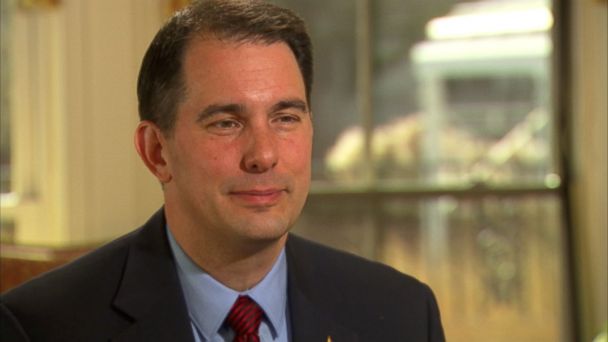An article out in the Washington Post yesterday brought up Scott Walker’s lack of a completed college degree and asked a variety of questions about why he never completed it. For Walker’s part, he says it was because he went to work to support his family and finishing the degree simply never happened in his last year at Marquette. It is typically a tradition in this country that our Presidents not only have college degrees, but have degrees from top Ivy League institutions. The last President to win the presidency without an Ivy League education was Ronald Reagan, who graduated from Eureka College in Illinois.
From the Washington Post:
Scott Walker was gone. Dropped out. And in the spring of his senior year.
In 1990, that news stunned his friends at Marquette University. Walker, the campus’s suit-wearing, Reagan-loving politico — who enjoyed the place so much that he had run for student body president — had left without graduating.
To most of the Class of 1990 — and, later, to Wisconsin’s political establishment — Walker’s decision to quit college has been a lingering mystery.
Not even his friends at Marquette were entirely sure why he never finished. Some had heard that a parent had fallen ill, or maybe there was some financial strain. Others thought he had simply had enough of school.
My question here is simple. Does it matter whether any given candidate has a college degree versus life experience? In Walker’s case, he’s about a year shy of a bachelors degree. However, what if he had not attempted college at all?
Would you vote for someone on the basis of their education or against them?
